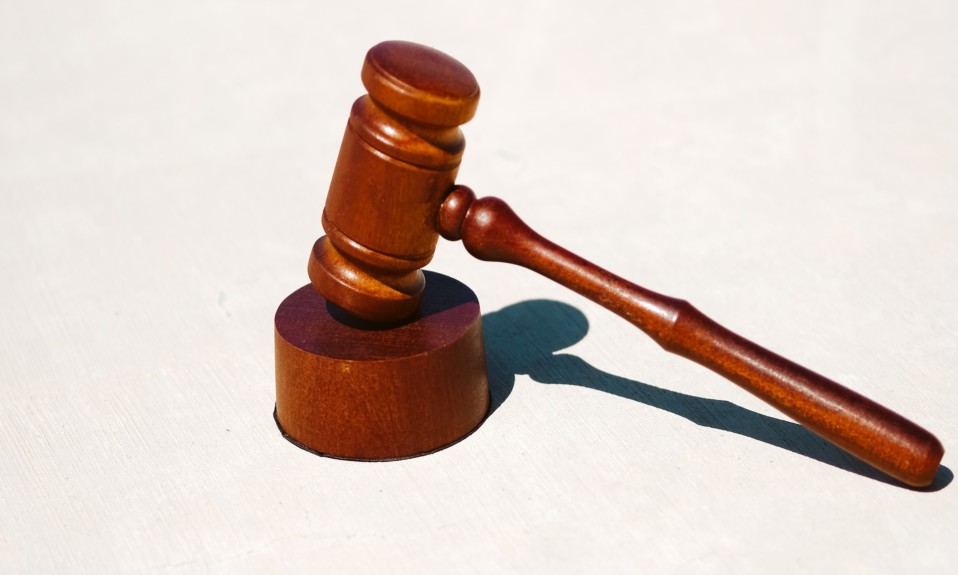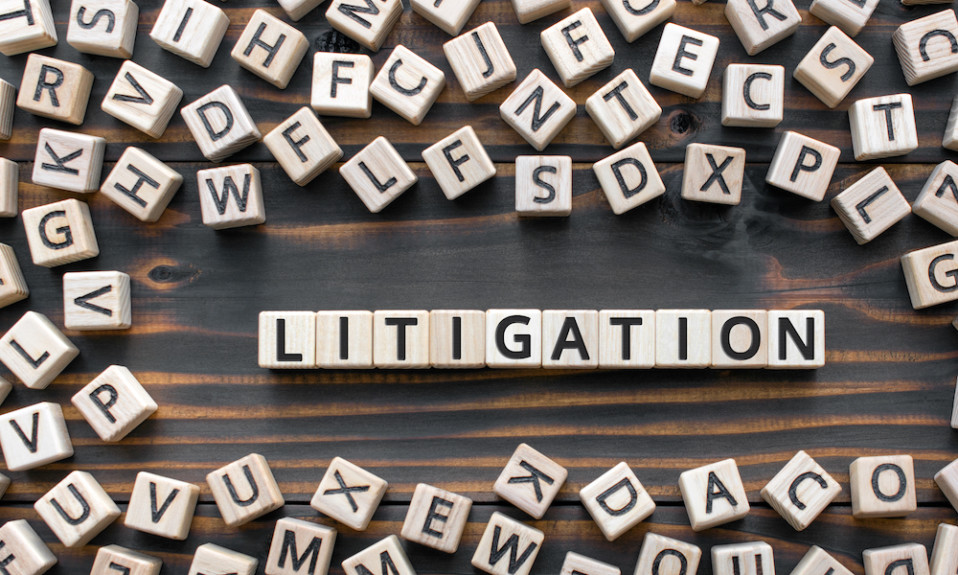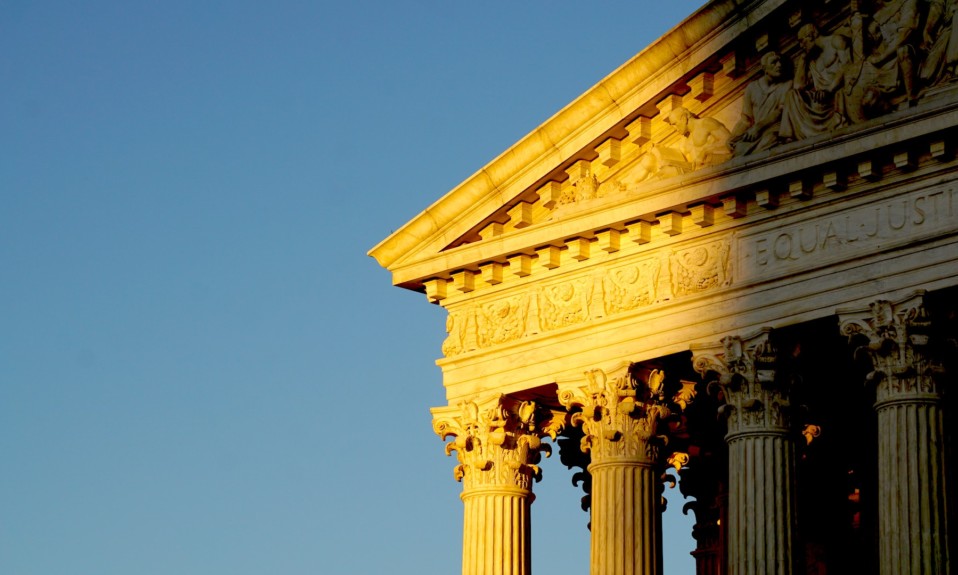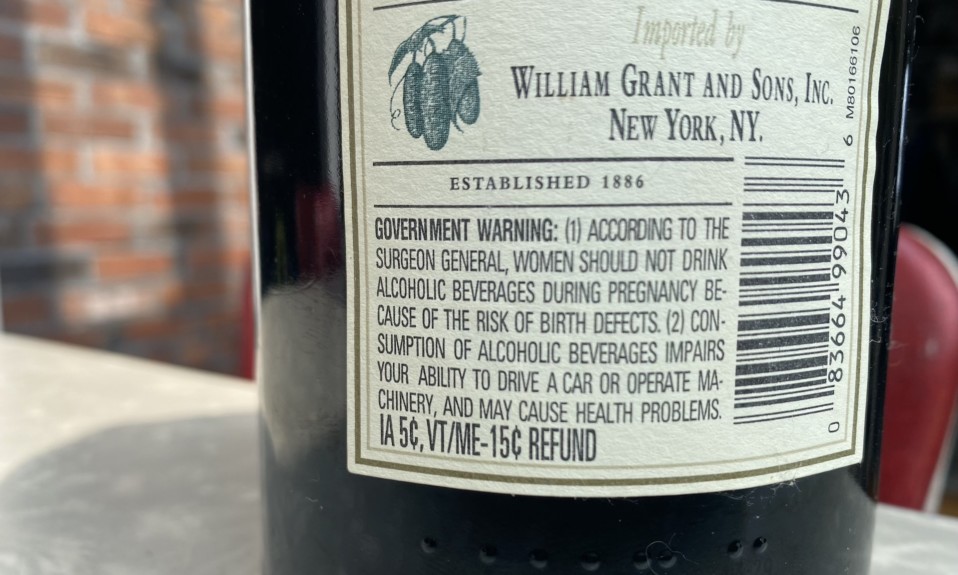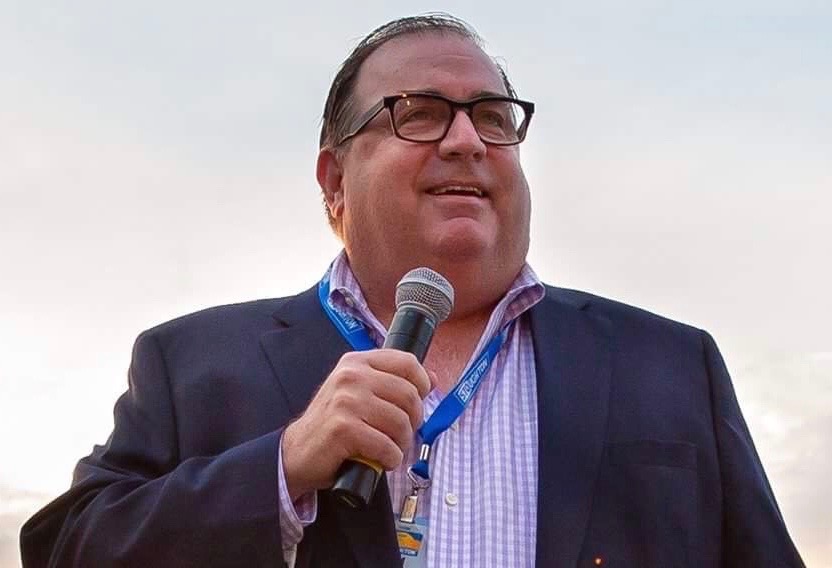The U.S. Supreme Court and a federal judge in West Virginia handed down decisions that will dramatically impact the landscape of the opioid crisis
By Jason Langendorf
Two enormously consequential legal proceedings weighing matters at the epicenter of the opioid crisis were resolved within 10 days of one another, and their final rulings amounted to wins for prescribing doctors, pain patients and drug distributors—and a murky future for the rest of us.
Last week in Washington, D.C., the U.S. Supreme Court ruled in favor of two doctors, Xiulu Ruan and Shakeel Kahn, who had appealed their convictions for unlawful drug distribution under the Controlled Substances Act. On Tuesday, in Charleston, W.Va., a federal judge found for the defendants—AmerisourceBergen, Cardinal Health and McKesson Corp., the country’s three largest drug distributors—in a lawsuit filed by Cabell County and the city of Huntington.
Beyond the immediate implications for the involved parties, decisions in the cases set legal precedent that could have a profound effect on a range of related subjects, from how opioids are prescribed moving forward to how bad actors can be held to account.
Pill Mills, or Good-Faith Care?
The Supreme Court decision was hailed by advocates of caregivers and pain patients. In recent years, increased scrutiny of prescribing doctors has led to many patients with chronic pain being undermedicated or denied medication altogether.
Kelly Dineen, director of the health law program at Creighton University and author of a brief in the case, told Bloomberg News that the ruling is “a major win for patients with chronic pain, and also a major win for patients with opioid use disorder as well as a whole range of conditions for which the medically appropriate care includes controlled substances.”
Critics would point out that Ruan’s Alabama clinic issued nearly 300,000 prescriptions in just over four years—one of the highest numbers in the country—and Kahn accepted cash and even firearms in exchange for drug prescriptions.
“What the court said is that juries must scrutinize whether charged physicians actually believed their behavior was legitimate rather than using an objective standard of a hypothetical reasonable physician.”
Abbe Gluck, Yale Law School, to The New York Times
At issue was the court’s interpretation of a regulation in the Controlled Substances Act regarding prescriptions “issued for a legitimate medical purpose by an individual practitioner acting in the usual course of his professional practice.” The justices ruled unanimously, claiming that the Justice Department hadn’t met a sufficient burden of proof to convict Ruan and Kahn of criminal conduct.
Abbe Gluck, a law professor at Yale, told The New York Times of the ruling: “Some may wonder why alleged ‘pill mill’ operators appear to get off the hook, but the court didn’t say that. What the court said is that juries must scrutinize whether charged physicians actually believed their behavior was legitimate rather than using an objective standard of a hypothetical reasonable physician. That may make prosecutions of some outliers difficult, but good government lawyering should smoke out dishonest doctors who are not acting as doctors at all.”
A Blow to the Public Nuisance Argument
In Charleston, the decision in favor of drug distributors may have come as a greater shock—if only because similar lawsuits filed by the state of West Virginia had previously led to settlements with McKesson ($37 million), Cardinal Health ($20 million) and AmerisourceBergen ($16 million).
That the companies didn’t settle with Huntington and Cabell County in this case may have been a sign of their confidence. The trial had been designated a “bellwether” case by the federal judge overseeing multidistrict legislation which consolidated thousands of lawsuits against pharmaceutical companies. That bellwether status was meant to test the legal arguments and establish a path forward.
The West Virginia lawsuit hinged on whether U.S. District Judge David Faber found the marketing and sale of opioids to apply under state’s public nuisance law. He did not.
“The opioid crisis has taken a considerable toll on the citizens of Cabell County and the City of Huntington,” Faber wrote in his ruling. “And while there is a natural tendency to assign blame in such cases, they must be decided not based on sympathy, but on the facts and the law.”
“The citizens of our city and county should not have to bear the principal responsibility of ensuring that an epidemic of this magnitude never occurs again.”
Steve Williams, mayor, Huntington, W.Va.
Meanwhile, the case’s plaintiffs, who sought more than $2.5 billion to fund overdose reduction and addiction abatement efforts, were left empty-handed to fight the opioid epidemic on one of the deadliest fronts in the U.S.
Said Huntington Mayor Steve Williams: “The citizens of our city and county should not have to bear the principal responsibility of ensuring that an epidemic of this magnitude never occurs again.”
Whether you believe it’s the role of the American legal system to determine who, precisely, does bear that responsibility, another week has passed with no answer to the question.
Top photo: Tingey Law Firm


